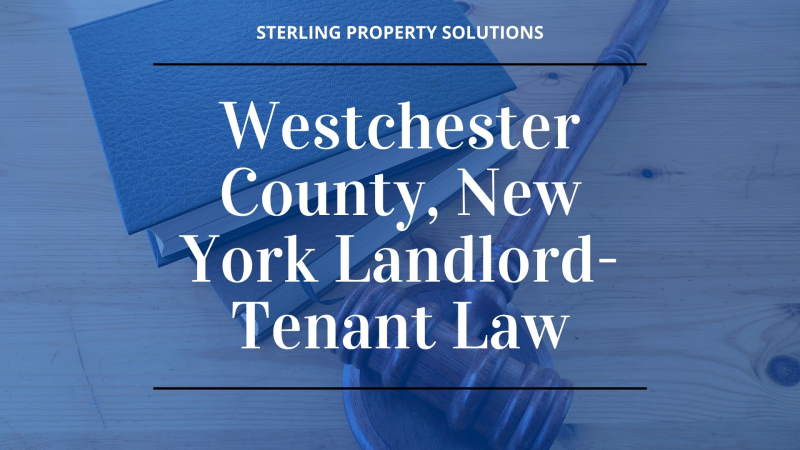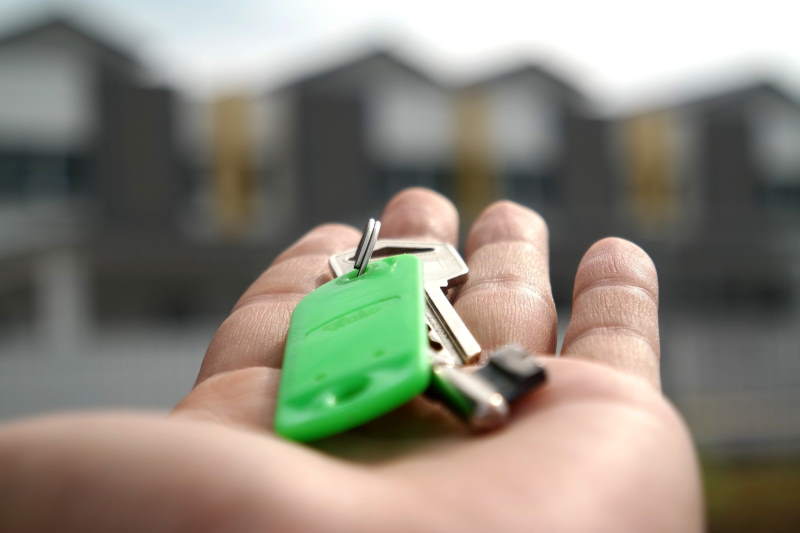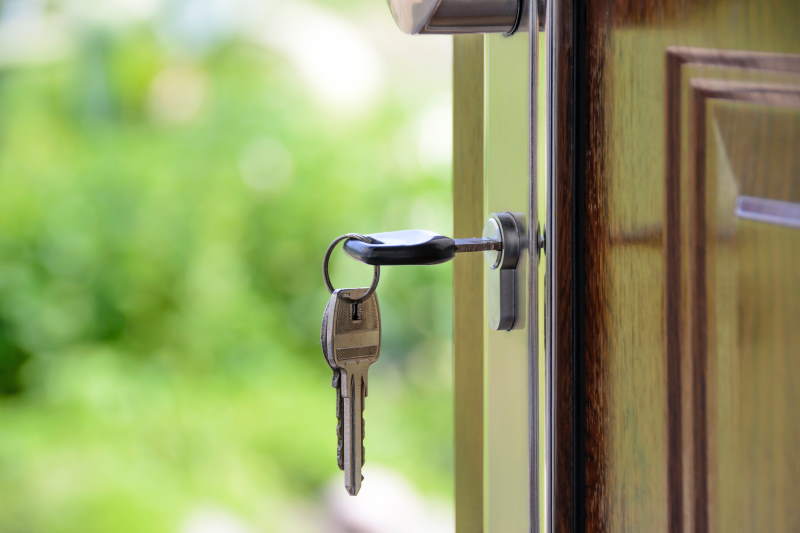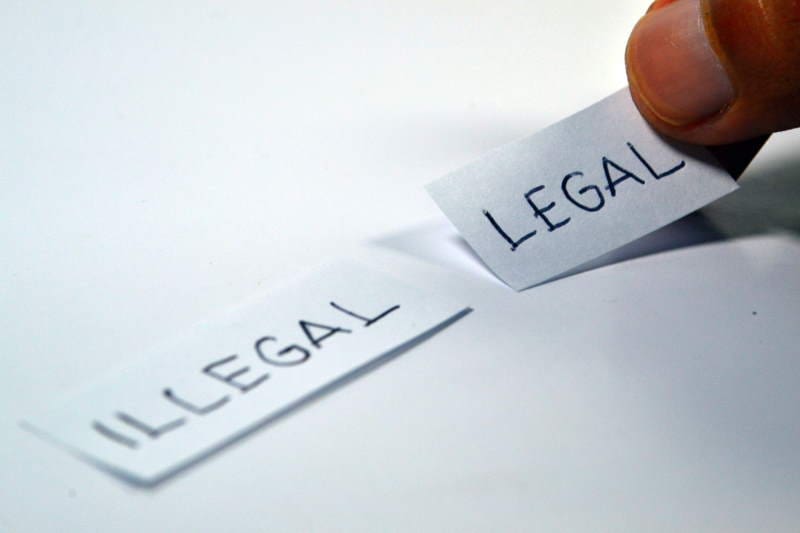Westchester County, New York Landlord-Tenant Law
Much like everywhere else, the relationship between landlords and tenants who rent in New York is governed by the state’s laws. The New York landlord-tenant law is detailed and outlines what rights and responsibilities each party has in regard to the lease agreement.
Understanding these New York landlord tenant laws is important for both landlords and tenants and can help solve many legal questions and avoid eviction proceedings.
The following is an overview of the landlord-tenant laws in New York.
New York Tenant Rights & Responsibilities
Under the law in New York State, tenants have rights that include the right to:
- Form a tenant’s association with other residents in a multi-family complex.
- Live in a safe, well-maintained rental unit that’s free from leaks, pests and hazardous conditions.
- Privacy, peace and quiet.
- Written receipts for rent or deposits.
- Advanced notice of changes made to the lease agreement.
New York tenants have a responsibility to:
- Pay rent when it’s due.
- Take good care of the real estate unit.
- Inform the landlord when they will be away for an extended period of time.
- Tell their landlord when repairs and upkeep is required.
- Not disturb the peace and quiet of another tenant.
- Abide by all the terms of the lease.
- Notify the landlord when planning to move out.
New York State Landlord Responsibilities & Rights
In New York, landlords have a right to:
- Be notified by tenants when they want to move out of the rental property.
- Be given a notice by tenants who are leaving town for an extended period of time.
- Accessing a unit to make needed inspections and repairs.
- Use the tenant’s security deposit to pay for unpaid rent and/or excessive damages.
- Receive rent payments on-time.
- Screen all prospective tenants that apply to live in their rental property.
As a New York landlord, you are required to:
- Follow the correct procedure when a tenant vacates the unit or terminates a lease early.
- Follow the right process when conducting evictions.
- Not retaliate against a tenant who is exercising their legal right.
- Disclose necessary information to tenants before they sign the lease.
- Provide a home that meets all the state’s basic habitability standards.
- Follow New York’s rental laws.
- Comply with the Fair Housing Act.
Required Landlord Disclosures in New York
Here are the disclosures that every New York landlord must make to their tenants before signing a lease or rental agreement.
- Details pertaining to the security deposit. For example, the amount to be paid, how you will be storing the security deposit, and the conditions that need to be met in order for them to get it back.
- Your name and address, along with that of any other person authorized to undertake your responsibilities.
- Presence of health and environmental hazards, such as bed bugs, radon, mold, or lead-based paint.
- Shared utility arrangements and the details surrounding them.
An Overview of the Landlord-Tenant Laws in New York
1. Landlord Entry
Under New York State law, as a landlord, you have a right to enter your tenant’s rented premises under certain conditions. However, you must notify the tenant of your intended entry first by sending them a 24-hours’ notice. Common reasons why a landlord may need to enter units include:
- When there are sufficient reasons to believe that a unit has been abandoned.
- Pursuant to a court order.
- Emergency situations.
- When responding to a tenant maintenance request.
- When showing the unit to a prospective buyer, mortgager or tenant.
In addition to sending a 24-hours’ notice, landlords must also ensure that they enter at a reasonable time. That is to say, during the day on weekdays, and not early in the morning or late in the evening.
2. Maintenance
As a landlord, you must provide properties that are habitable. The following are some of the things that deem a rental habitable in New York:
- Up-to-code conformity to building codes.
- Protection in the form of window guards and properly-function locks on doors.
- Sanitary premises that are free of rodent or insect infestation.
- Functioning smoke and carbon monoxide detectors.
- Working electricity, gas and plumbing facilities.
- Effective weather protection and waterproofing of walls and roofs.
- A sufficient number of garbage receptacles.
3. Anti-Discrimination Laws
According to the Fair Housing Act, it is illegal to discriminate against a tenant based on certain protected classes.
This includes:
- Race/color/national origin
- Religion
- Sex
- Disability
- Age
- Citizenship Status
- Prior convictions (unless certain requirements have been met)
- Prior arrests or criminal accusation
- Use of a service dog
- Military status or service
- Gender identity
- Sexual orientation (includes perceived sexual orientation.)
- Familial status
- Genetic characteristics
4. Security Deposit
In New York, a landlord can collect security deposits. It’s not required, but it’s very common. A landlord may collect security deposits for a number of reasons, including to:
- Repair any damage that might occur.
- Fix any damage that exceeds normal wear and tear that the tenant has caused due to negligence.
- Clean the rental premises if a tenant moves out without properly doing so.
- Cushion themselves from income loss when a tenant breaks the lease or doesn’t pay rent.
If you have 6 or more units, you must store the deposit in an interest bearing account.
5. Tenant Rights to Withhold Rent
Under New York law, New York tenants have rights that include living in a rental that meets basic habitability standards.
If a landlord fails to do so, tenants have a right to withhold rent and pursue several options, including:
- Fixing the repair issues themselves and deducting the appropriate fees from the rent.
- Withholding rent until the landlord fixes the repairs.
6. Small Claims Court
Security deposit conflicts are fairly common in the state of New York. A New York tenant may move out thinking that they have left the unit just like they found it. However, the landlord may think otherwise and deduct a portion of their security deposit to cater for some repairs.
Small Claims Courts are established to determine who is right in these situations. The New York Small Claims Court allows lawsuits amounting up to a maximum of $10,000.
Bottom Line
As a landlord, if you rent out properties in New York, you must understand the landlord-tenant law.
Disclaimer: This blog shouldn’t be used as a substitute for qualified legal advice from a licensed lawyer. Landlord and tenant rights and responsibilities, and laws in general, keep on changing, and this blog might not be up-to-date when you read it.
If you have any questions regarding the landlord-tenant laws or any other law, please get in touch with us or a lawyer today.




